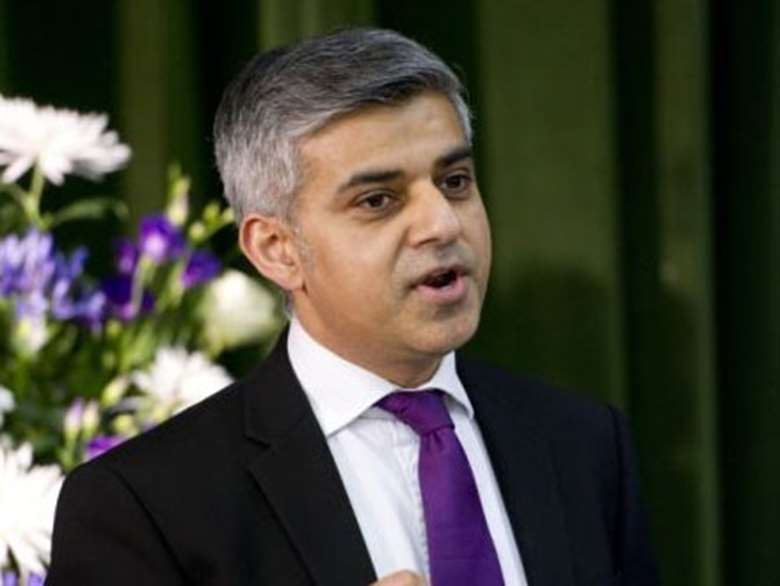Labour Party Conference: Shadow justice secretary backs support for children of prisoners
Neil Puffett
Monday, September 22, 2014
A Labour government will work to ascertain how many children have a parent in prison, shadow justice secretary Sadiq Khan has pledged.

Speaking at a fringe meeting staged by Barnardo's on parental imprisonment, Khan said steps should be taken to address the impact it can have on children.
"It is not difficult or expensive to find the scale of the problem," Khan said. "The next Labour government will find the scale of the problem."
Children affected by parental imprisonment face problems including isolation, stigma, poverty, and family breakdown. Barnardo's research has found that 65 per cent of young boys who have a parent in prison at some point will go on to offend themselves.
It is estimated that as many as 200,000 children have a parent in prison although the true number has never been calculated.
Khan said there is an economic, moral, and social case for supporting children of prisoners.
"We have got to take steps to address it as an issue," he added.
He said that on the basis that "if you don't measure it, it doesn't get done", some relatively basic measures can be taken to get a grip on the number of children affected. He said data on whether a prisoner has children could be gleaned either when they are remanded in custody, immediately prior to sentencing via a pre-sentence report, or upon arrival in prison, following sentencing.
Working out exactly how many children are affected is one of three recommendations for addressing the situation that Barnardo's made earlier in the year.
It also wants a lead government minister on the issue to be appointed and a national action plan to be created, but the shadow justice secretary stopped short of backing those calls.
Chief executive of Barnardo's, Javed Khan, told delegates that government should treat children affected by parental imprisonment as victims of crime.
"Ninety-nine per cent of money in the justice system at the moment goes on the offender, with only one per cent on the victim," he said.
"My challenge to policymakers is that these children [affected by parental imprisonment] are victims as well. They are not direct victims, but they are the ones left behind."
He added that there are steps local authorities can take to improve the situation for children affected. Khan cited the example of Bristol Council, which has committed to having a champion for children affected by parental imprisonment in every children's centre and school.
He said that Barnardo's experience is that unless there is someone with suitable training on the issue in a setting, the fact a child has a parent in prison – if discovered – can be dealt with insensitively, potentially exacerbating the issues the child is facing.
Khan said local authorities could be afforded greater control over funding streams, allowing them to better address the implications of parental imprisonment through measures such as early intervention support.
He also re-emphasised Labour's commitment to handing joint responsibility for mental health issues to a minister within the Ministry of Justice, and creating a "women's justice board" in order to try and replicate the success of the Youth Justice Board, which has been praised in the wake of reductions of first-time entrants to the youth justice system and overall numbers of under-18s in custody.




